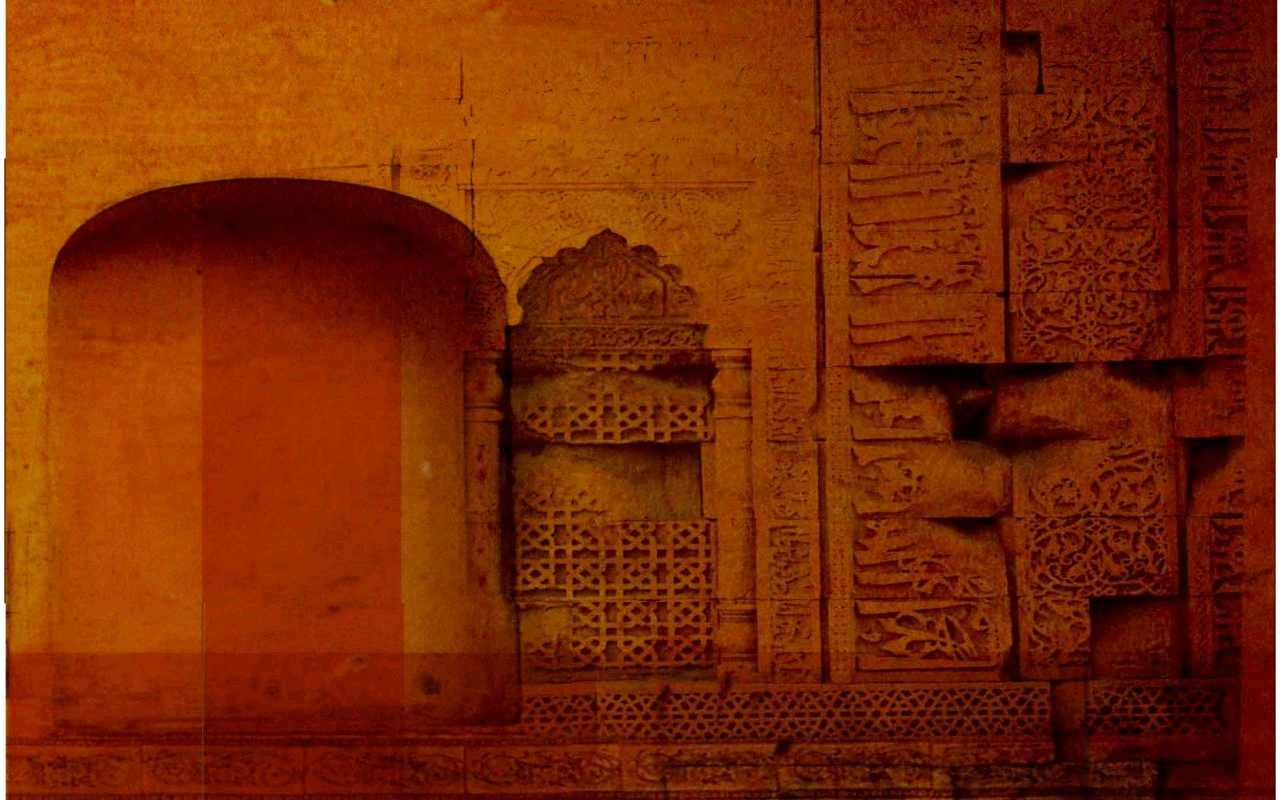Daddy
Sylvia Plath
“Daddy” should not be taken as a poem that is written in the light vein or tone. It is a serious document containing the complaint of a heart-broken daughter who loved her father to the extent of even marrying a husband who had similarities with the father. It was after a long life of disappointment that Sylvia Plath got down to voicing her painful realization that her father was hardly the man she had imagined him to be, and, what is more, she had taken on a husband who had proved to be as disappointing as her father. The realization that one has had a phony parent, one who has been pretentious and devoid of humane qualities, can be a very painful feeling. This poem is ultimately an utterance of disgust and disappointment but it shows a certain self-assertion that is finally spelled out clearly in the poem’s last line:
“Daddy, daddy, you bastard, I’m through.”
What this poem does uniquely and brilliantly is not to cry out in pain but to suggest that the poet is yet not defeated but is trying to cope with her miserable lot. The poem has a feminine sensibility but an attitude that impresses me as masculine. There can be men with women’s attitudes and women with men’s. In fact the poem can be read as an expression of an attitude that is indeed rare.
To express this attitude, Plath has used a very fitting kind of form. It is written in a style that fuses the tragic and the comic with finesse and adeptness. The first stanza is written more in the comic form but even here the indication of the coming tragic suggestions is already there. The image of daddy being called a “black shoe” and herself a poor and white foot that is squeezed into the shoe is very original:
“You do not do, you do not do
Any more, black shoe
In which I have lived like a foot
For thirty years, poor and white,
Barely daring to breathe or Achoo.”
Even in the second stanza Plath comes out with her plight of having to kill her father in her mind; having to reject him as fake, fraudulent and cruel. The rest of the poem describes these claims (about how she has had to kill the ideas that he stood for) with the help of minute details and images that make the poem highly contemporary. The contemporaneity of the poem does not lie only in the postmodern images of the piece; it lies in the woman’s ability to stand on her own even when she has broken herself off from her father and husband.
- How Authors Can Sell More Books - April 11, 2018
- Pure Fiction - December 13, 2017
- I Think I Know - December 12, 2017

Absolutely remarkable note on this poem.
Thankyou Sir for this.
This is the most important note on the poem “Daddy”